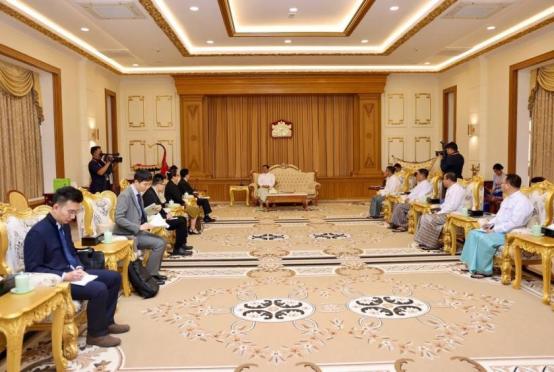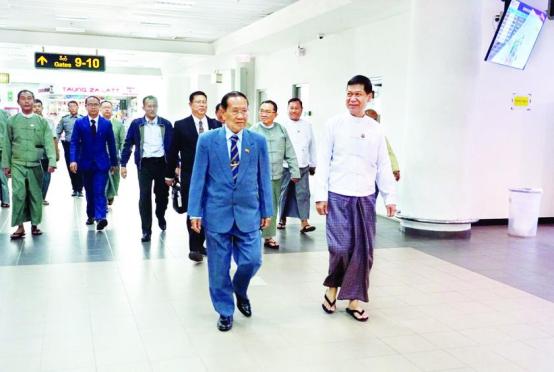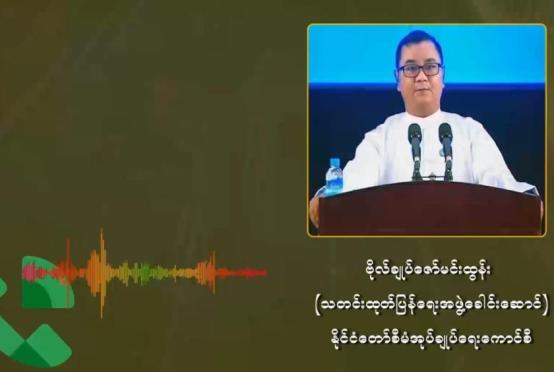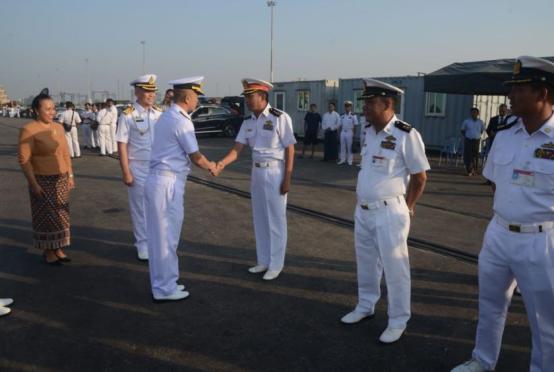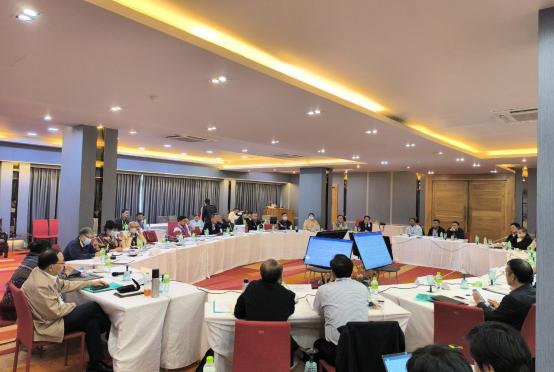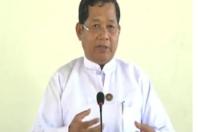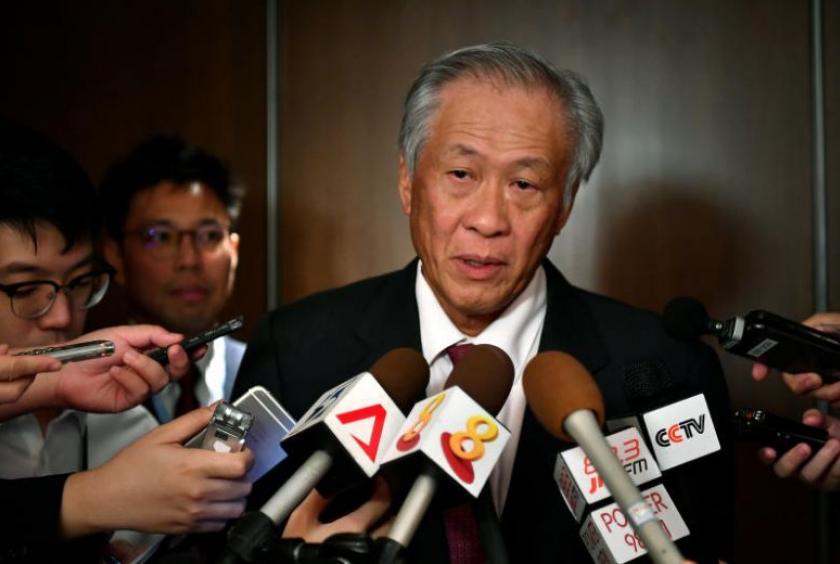
SINGAPORE - Smaller countries in the region like Singapore have to invest in their own defence capabilities even as they try to resolve disputes through peaceful means because the cost of any potential conflict is prohibitively high, said Defence Minister Ng Eng Hen on Saturday (June 1).
"Let's be clear about this, for countries in this region, our entire lives are invested. Taking the analogy from the elephants, we are the grass and we can't move anywhere. So, of course, we have to invest in our own defence capabilities," Dr Ng said in answer to a question on the sidelines of the Shangri-La Dialogue. He was asked whether Singapore would be ready to invest more in its defence capabilities.
On Friday night, Prime Minister Lee Hsien Loong was asked, after he made the keynote address at this year's Shangri-La Dialogue, how China's leadership can increase the comfort level with its neighbours in the region.
"When elephants fight, the grass is trampled. When elephants make love, the grass also suffers. And so it's very difficult to be an elephant. And yet the elephant has to get on with smaller countries," PM Lee had said in his reply.
Dr Ng, who was speaking to reporters after hosting 22 visiting ministers and their representatives to lunch at Shangri-La Hotel, said that Singapore is too small to be a mediator.
"We are the grass... we're just sometimes trying to get out of the way, and at other times trying to make sure that the elephants neither fight nor make love too vigorously. And if they do, (make sure) that we're not part of the grass patch," he said in reply to a question.
Dr Ng said that his foreign counterparts at the lunch were agreed that while defence ministers prepare for conflict and war, "our primary objective as defence ministers is to prevent wars".
"There was agreement all around... that we have to do as much as possible because the cost of conflict is so high, so prohibitive, so punishing on our own citizens that it is unthinkable, and one never wishes it," he said.
"We recognise at the same time that a strong defence is a good deterrence. But beyond that, the ability to candidly sit down with other countries with disputes is significant, and to try and resolve the disputes through peaceful means is certainly better than conflict," he added.
Dr Ng said the ministers discussed three main security challenges for the region: the US-China relationship; instability on the Korean peninsula and the threat of nuclear weapons; and the "clear and present" danger of terrorism and returning foreign fighters.
The ministerial roundtable, as the discussion is known, has been a regular feature of the Shangri-La Dialogue since the forum was initiated in 2002.
The Ministry of Defence, in a statement on Saturday, said that among other issues, the ministers exchanged views on the security implications of the US-China relationship, which they agreed was the most important bilateral relationship to the region.
The ministers included China's Defence Minister Wei Fenghe, Malaysia's Defence Minister Mohamad Sabu, British Defence Secretary Penny Mordaunt and United States Defence Secretary Patrick Shanahan, who gave a speech earlier on Saturday.
In his address, Mr Shanahan said that the Indo-Pacific region is the US' "priority theatre", and, at times, appeared to target China when talking about threats to the rules-based international order.
Dr Ng said that during the roundtable, the ministers wanted a "first-hand view" of the body language and tone of both Mr Shanahan and General Wei.
After both men had spoken, all the ministers said they were reassured, Dr Ng added.
" I suppose the reason is that both Secretary Shanahan and Minister Wei talked about how you could improve understanding and how there are common goals," he said.
"That despite the disputes, there was common ground in terms of (a) prosperous region and policy which benefited all states. So I take that as an affirmation that dialogue is always good."
Asked about the atmosphere between the two ministers, whose countries have imposed tit-for-tat tariffs worth billions of dollars on each other's goods, Dr Ng said: "If it was a silent movie, you wouldn't know there was a dispute."
Responding to a question on whether the areas of cooperation between the US and China were discussed, Dr Ng said he believes all countries, including the US and China, accept that more interactions are better.
"And we spoke at length of what kind of interactions. It's not just the quantity, but many expressed that you needed interactions which didn't avoid the issues," he added.

